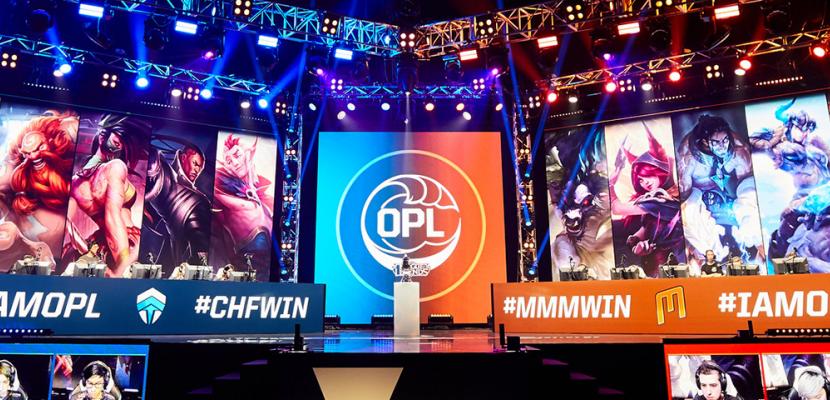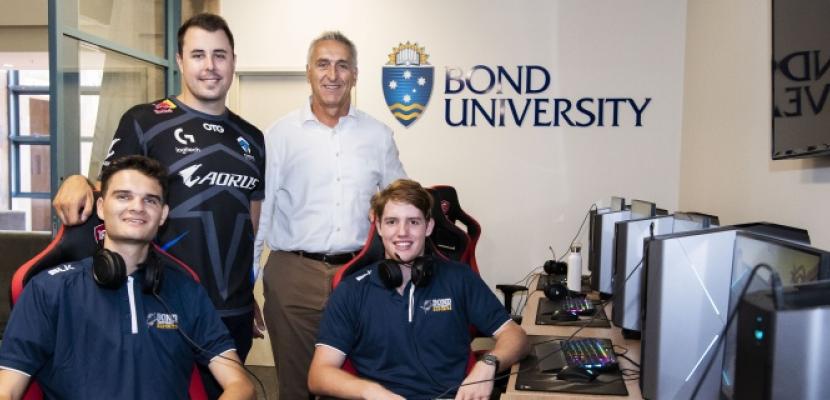
Written by Nick Bobir, Chief Executive Officer, The Chiefs Esports Club.
Almost every industry in the world has been affected by COVID-19, including an industry founded in socially distant bedrooms and forged on virtual battlegrounds: esports.
During the COVID-19 pandemic, the esports industry has been forced to face tough obstacles both domestically and internationally. In this time we’ve seen the rise and fall of companies around the world who are struggling to adapt to a global crisis. For the sports and entertainment industry, one of the biggest challenges has been performing without a live audience. Crowds are something the industry heavily relies on, and its absence has caused companies to make some difficult decisions. Unfortunately, this is no different in the esports industry, and due to the current climate, here at The Chiefs Esports Club we had to rethink the way we operate.
First – what is esports?
It all started playing PONG in your humble living room. But now, professional athletes are playing Fortnite in a stadium in front of 20,000 people. In a nutshell, the esports industry is based around teams or individuals competing against each other in video game tournaments, and it’s the fastest growing industry at the moment.
With all of this growth comes commercial interest in competitions and teams, where companies look at sponsorships and to grow partnerships with brands alike to help push the success of esports around the world.

Did you know? In 2020, Bond partnered with The Chiefs in a deal that opens pathways for students into an industry predicted to generate US$300 billion by 2025.
Pivoting in a pandemic
To the uninitiated, it would be easy to assume an indoor, computer-based sport would escape feeling the full brunt of a pandemic. But it has had a huge impact of the industry.
Instead of competing both on domestic and international stages in front of live audiences, we now have our teams practising and competing online. Esports teams who relied heavily on offline competitions to secure commercial partnerships for their brands, now have been challenged with commercialising online competitions and content creation done from home – something that we here at The Chiefs have, fortunately, achieved successfully, securing partnerships with large organisations like Menulog, L’Oreal Men Expert and AOC Gaming in the midst of the pandemic.
We’ve also shifted our business model to create online tournament activations such as the Red Bull Drop Zone and Men Expert Warzone, as well as two Call of Duty: Warzone competitions for our digital audience to enjoy.
Similarly, other international teams like G2 Esports, T1, and FaZe Clan who have all hosted online competitions throughout the current global crisis, as well as international tournament organiser ESL.
It’s not all doom and gloom
Whilst the entertainment industry has changed dramatically during the current crisis, there are still many positive signs. Sporting competitions, esports competitions, and the industry as a whole has adapted to something that could have wiped out plenty of companies. But instead, organisations have found ways to face the challenges head-on. For example, team sports such as Rugby, Netball, NRL, and even the NBA in America have moved all their teams into a ‘bubble’ to continue their respective competitions and commercial partnerships. There is also a similar scenario in the world of esports, as Riot Games have flown every team competing in the League of Legends World Championship to China and used two hotels to create a bubble of their own.
Did you know? Bond’s Esports Hub includes high-performance gaming machines, a training and coaching facility and the ability to stream to Bond’s 500-seat theatre.
Although it's clear that the esports industry has adapted well to the global crisis, the question remains, will everything go back to normal once COVID-19 slows down? We believe that at a domestic level, it will be easier to transition back into live events whilst the curve continues to be flattened. A current observation of this would be the likes of the AFL, who are slowly welcoming live audiences back to their games. But it’s clear that travelling internationally will be a challenge for quite some time - so a slow transition is inevitable for the industry overall.
It's challenges like these that demonstrate the importance for experts from other industries and sectors – like research, and business, for example – to apply their skills to these issues. Esport is about so much more than computer games. It’s a growing industry, with potential well beyond the headsets and screens.
Esport at Bond
Bond University’s partnership with The Chiefs opens doors to opportunities for students to undertake internships, research and tournaments with Australia’s leading esports club. Learn more about Bond’s partnership with Australia’s most successful esports club, The Chiefs.